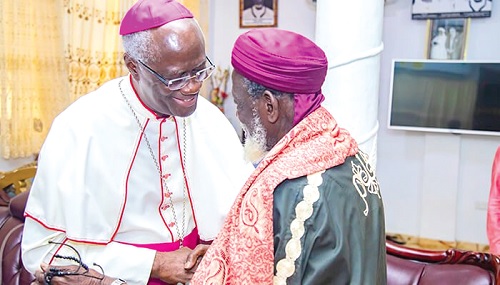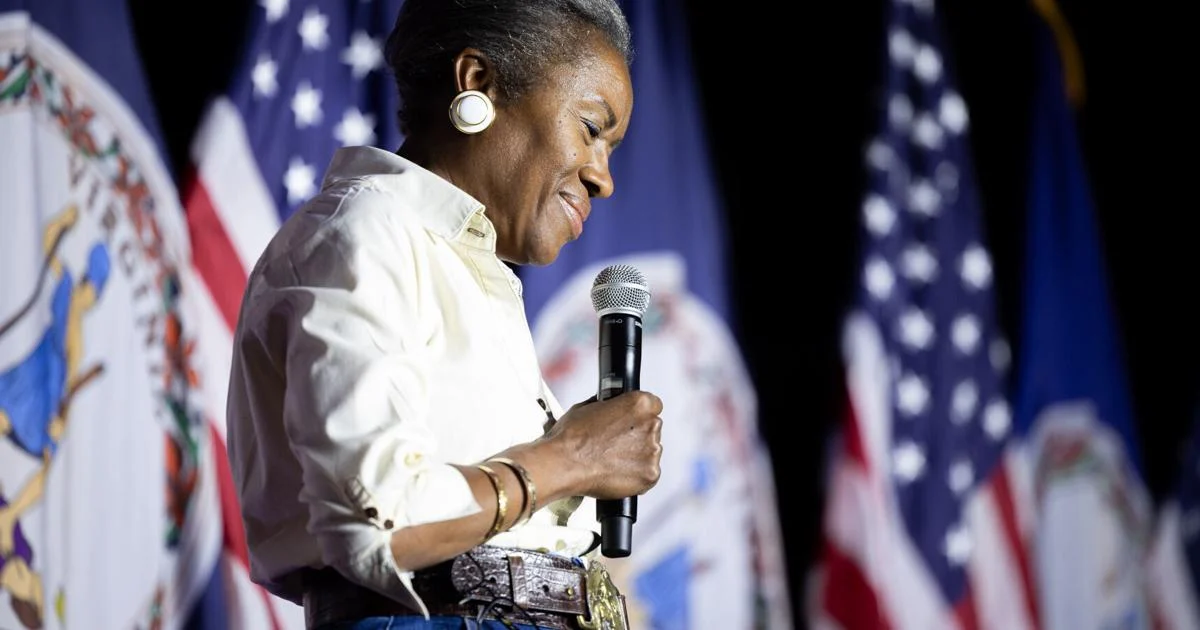Copyright ghanamma

Jihadi insurgencies are a regular occurrence in West Africa. Unresolved conflicts in several of Ghana’s neighbours – including Nigeria, Burkina Faso, Mali and Niger — threaten to spill over into other regional countries, including Ghana. Jihadi insurgencies may spread from the Sahel region, from countries with mainly Muslim populations, to neighbouring countries with majority Christian countries such as Ghana. Instability The outcome is increased regional instability. Jihadist groups such as Jama’at Nusrat al-Islam wal Muslimin (‘Support Group for Islam and Muslims’, often referred to by its acronym, JNIM), are affiliated with al-Qaeda. JNIM, which has publicly indicated its desire to expand into coastal West African states, seeks to recruit new followers and ‘foot soldiers’. In Ghana, such recruitment has so far been limited. However, this does not stop extremist groups such as JNIM from targeting and seeking to radicalise unemployed, marginalised or alienated young people in northern Ghana and elsewhere. In pursuit of their goals, jihadis seek to exploit local conflicts, focusing on often long-standing, non-religious local conflicts – such as chieftaincy disputes – to gain a foothold and spread their influence. Internal threats Ghana stands out among West African sub-regional countries as relatively peaceful, with exemplary inter-faith relations between Christians and Muslims. Despite occasional concerns, Ghana is not currently facing a serious Islamist insurgency. Yet, security experts, such as Professor Kwesi Aning, note that Ghana faces internal security issues that elsewhere in the sub-region have led to jihadi insurgencies. Ghana is experiencing a degree of conflict among Islamic sects, as well as ethnic/chieftaincy conflicts and severe socioeconomic development challenges. Add to this that countries bordering Ghana are either actively fighting an insurgency or facing political tensions. As a result, Ghana finds itself in a rather precarious position, with jihadist-inspired instability threatening the country’s security. Inter-faith cooperation Sustained interfaith cooperation and dialogue are crucial in preventing the spread of jihadist influence in Ghana. Ghana’s long history of religious tolerance and religious leaders’ inter-faith cooperative engagement is a model for peaceful coexistence in a religiously plural country. At the same time, however, there are vulnerabilities which should not be overlooked. Ghana’s interfaith efforts to counter violent extremism include the country’s long history of religious tolerance. Ghana has a long tradition of Christian and Muslim communities coexisting peacefully, which developed long before the colonial era and continues today. This is supported by cultural practices and family structures that often include members of both faiths. Occasional tensions are managed without widespread conflict, reinforcing the country’s social cohesion. At election times, when politicians may refer to religious differences, they are swiftly condemned. Ghana’s strategy Ghana, a country known for its relative peace, is taking proactive steps to confront the increasing jihadi threat stemming from instability in the Sahel region. The nation’s approach is multifaceted, combining robust security measures with social and interfaith initiatives. With a longstanding tradition of religious harmony, Ghana is reinforcing this foundation to combat vulnerabilities, including socioeconomic challenges and local conflicts that extremists seek to exploit. At the heart of Ghana’s strategy is the National Framework for Preventing and Countering Violent Extremism and Terrorism, which revolves around four principal pillars—preventive, pre-empt, protect, and respond. This comprehensive framework emphasises a community-centric approach to ensure that all layers are engaged in national security efforts. Border security One key focus area is the strengthening of border security. Ghana is enhancing surveillance along its northern borders with Burkina Faso, an area identified as high-risk in the 2025 Global Terrorism Index. This involves deploying additional security personnel and improving intelligence gathering through partnerships with international organisations. The integration of systems like the INTERPOL WARIS programme, designed for information exchange in West Africa, aims to bolster Ghana’s capacity to track and address cross-border criminal activities. The strategy acknowledges a critical role in addressing the root causes of radicalisation. High levels of youth unemployment and poverty in Ghana’s north create an environment conducive to extremism and some vulnerable individuals are at risk of seeking solace in extremist groups. The government, supported by entities such as the Global Community Engagement and Resilience Fund, which has invested millions of dollars, is focusing on economic empowerment projects and community resilience initiatives rooted in traditional conflict resolution methods. As well as military efforts, Ghana has launched a nationwide public awareness campaign, ‘See Something Say Something.’ This initiative encourages citizens to remain vigilant and report suspicious activities, effectively transforming the public into active participants in safeguarding national security. Future of inter-faith relations Ghana’s commitment to interfaith relations is seen as both foundational and instrumental in its counter-extremism strategy. The National Peace Council plays a crucial role in fostering dialogue and cooperation among religious communities. Leaders from Christian and Muslim backgrounds are vital in promoting messages of peace and tolerance. To address potential tensions, the strategy aims to mitigate intra-Islamic sectarian differences and traditional conflicts, such as chieftaincy disputes. By cultivating dialogue at the local level, the aim is to deny extremist groups a societal foothold. Continuous vigilance is a necessity. Ghana’s religious tolerance may not be unconditional and should be regularly assessed to ensure no divisive narratives, particularly via digital media. To defeat the extremists, sustained and meaningful interfaith dialogue is essential. Robust, practical interfaith initiatives are key to ensuring Ghana’s long-term security and harmony in the face of a continuing jihadi threat. The writers are Emeritus Professor of Politics at the London Metropolitan University, UK and a political scientist.



